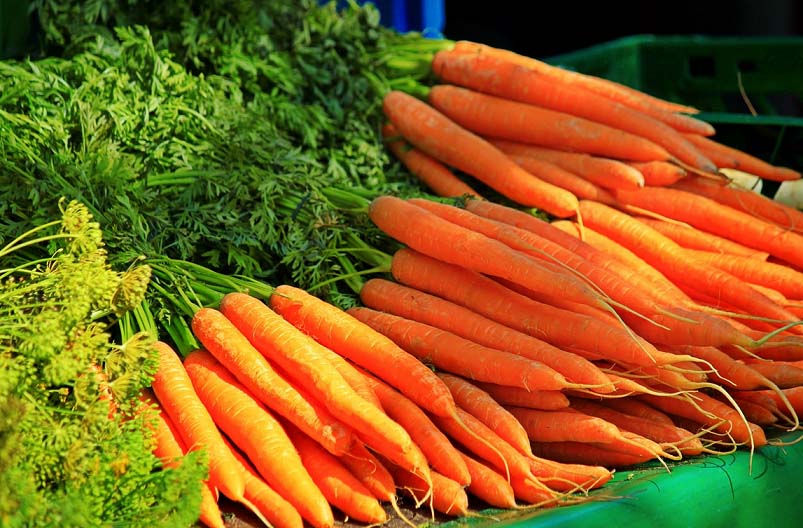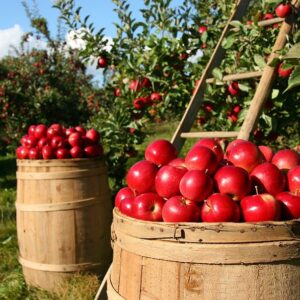
- Keep root veggies dry, cold and ventilated in a room with good light.
- Avoid putting them in the fridge because the colder air can make them sweeter and ripen more quickly.
- Maintain root vegetables at a temperature of 45 to 55 degrees Fahrenheit.
- To promote airflow use a paper or burlap bag.
- Keep root vegetables separate from onions and other produce that releases ethylene gas such as fruits and vegetables.
- As soon as you can, get rid of any spoiled or broken produce.
- Prior to using the root veggies, keep them clean dry and unwashed.
- To avoid mould or rot, make sure the root veggies are completely dry before storing them.
- To avoid contamination, keep root veggies apart from one another.
- To stop the spread of rot regularly check root vegetables for symptoms of spoilage and remove them.
- Some root vegetables, such as potatoes, should not be exposed to light because doing so makes them bitter and causes them to turn green.
- If the greens are removed before storage root vegetables like carrots, beetroots and radishes can be kept fresh for a longer period of time since the greens will pull moisture from the roots.
- Pickling or canning root vegetables will enable you to store them for a longer length of time and will extend their shelf life.
- To promote airflow, root vegetables like garlic and onions can be placed in mesh or wire baskets.
- It is preferable to refrigerate root vegetables with a high moisture content such as ginger and turmeric in a seal container or plastic bag.
- Certain root vegetables such as sweet potatoes should be stored in a cool, dry location with enough air but not below 55F degrees, otherwise they risk developing a hard centre.
- You can keep the root veggies in your refrigerator’s crisper drawer in a perforated plastic bag to preserve their freshness.
- If properly preserved, root vegetables can remain fresh for several weeks.
- It is preferable to consult a manual or an expert in the area if you are unclear of how to store a particular root vegetable.
- You can keep a lot of root veggies in a root cellar or a cool basement if you don’t intend to use them all right away.
- While some root vegetables like potatoes, can be kept in a dark dry space like a pantry or closet they should be kept away from heating sources.
- In the crisper of your refrigerator many root vegetables including carrots parsnips and rutabagas, can be kept in a plastic bag.
- In order to prevent rot and decay root vegetables should be stored in a dry environment apart from any sources of moisture.
- Freez root veggies can help retain their nutritional value and increase their shelf life when storing them.
- You may also use vacuum seal bags to store root veggies. These bags will keep out air and moisture and keep the vegetables fresher for longer.
It’s important to keep in mind that not all root vegetables may be store in the same way and some can need different storage conditions depend on their particular variety, size and maturity. It’s crucial to learn the precise storage needs of the root vegetables you intend to keep.









